C-EHRN is proud and grateful to present its 2023 Network Report, providing a summarised version of the activities undertaken last year. In this document, we are looking back at a year full of tasks, challenges and opportunities.
Multiple authors
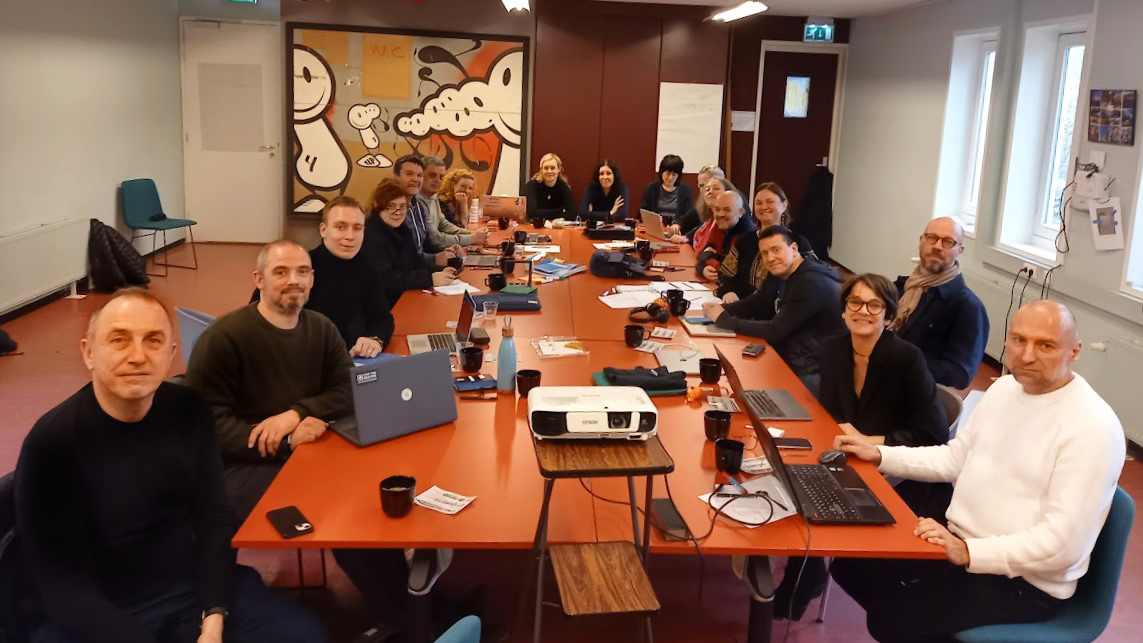
Multiple authors

On 30 and 31 January 2024, partners of Correlation – European Harm Reduction Network and the BOOST Project met in Amsterdam to discuss the development of a European advocacy strategy to ensure access to comprehensive HIV, HCV and TB services for people who use drugs in Europe.
The development of a Joint European Advocacy Strategy is unique as it will be supported and implemented by 4 European Networks, including Correlation – European Harm Reduction Network (C-EHRN), the Eurasian Harm Reduction Association (EHRA), the European Network of People Who Use Drugs (EuroNPUD) and Drug Policy Network South East Europe (DPNSEE) and is based on a broad European consultation of nearly 100 experts and members of the different networks.
4-5 Advocacy Priorities and related Advocacy Objectives are identified during the Amsterdam meeting, covering the forthcoming 5 years (2024-2028). The final Strategy is expected to be launched and published in March 2024 and will be implemented with the support of a broader network of European harm reduction and drug policy organisations.
The Amsterdam meeting is part of a greater trajectory of the advocacy activities in the multi-annual BOOST Project. The results will feed into follow-up activities, including the organisation of Policy Webinars, a European Policy Dialogue Meeting during the European Harm Reduction Conference 2024 and the preparation of a series of Policy Papers.
In February, the networks will launch a call for local harm reduction services to support the development and implementation of Local Advocacy Plans in 6 countries/cities.
The Amsterdam meeting was co-organised by C-EHRN (coordinator of the BOOST Project) and EHRA, in close cooperation with EuroNPUD and DPNSEE.
C-EHRN is proud and grateful to present its 2023 Network Report, providing a summarised version of the activities undertaken last year. In this document, we are looking back at a year full of tasks, challenges and opportunities.
Multiple authors


Multiple authors
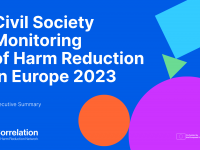
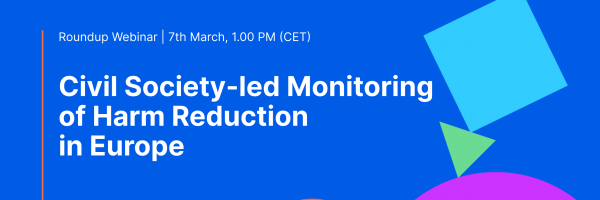
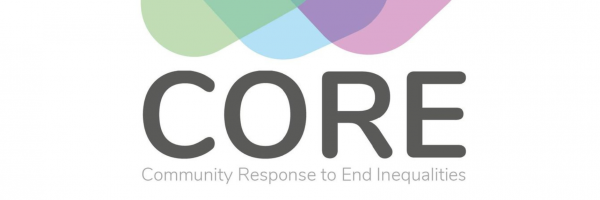
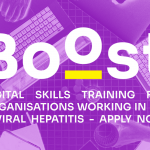

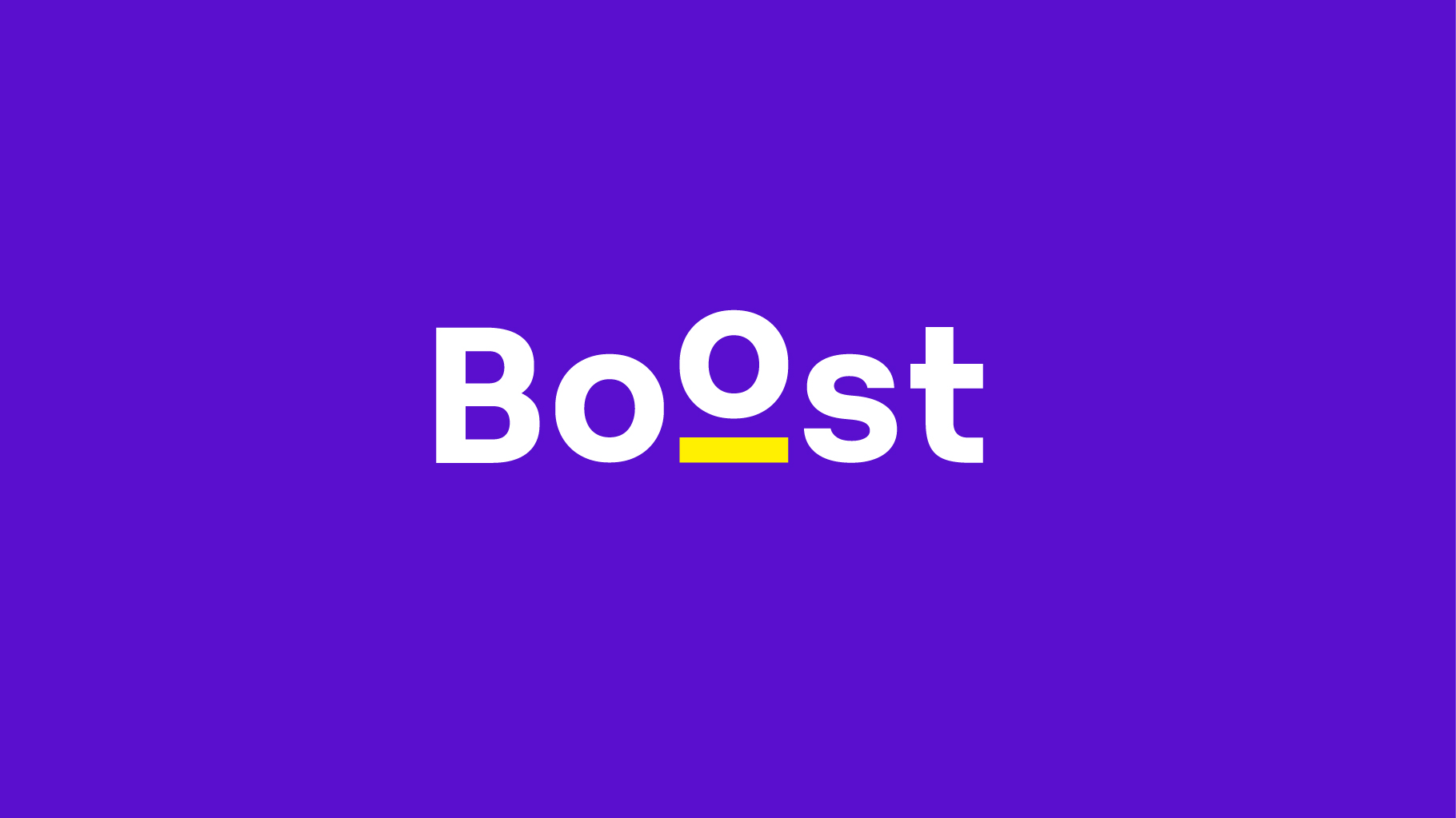
Multiple authors
The European Health and Digital Executive Agency (HaDEA) brought together 5 exciting projects under the #EU4Health Programme at an online meeting on the 28th of June. The following projects were represented at the meeting: BOOST; CORE – COmmunity REsponse to End Inequalities; EXPAND – EXPANDing access to Community-based testing for HIV, viral hepatitis and STIs in Slovenia; […]
Multiple authors